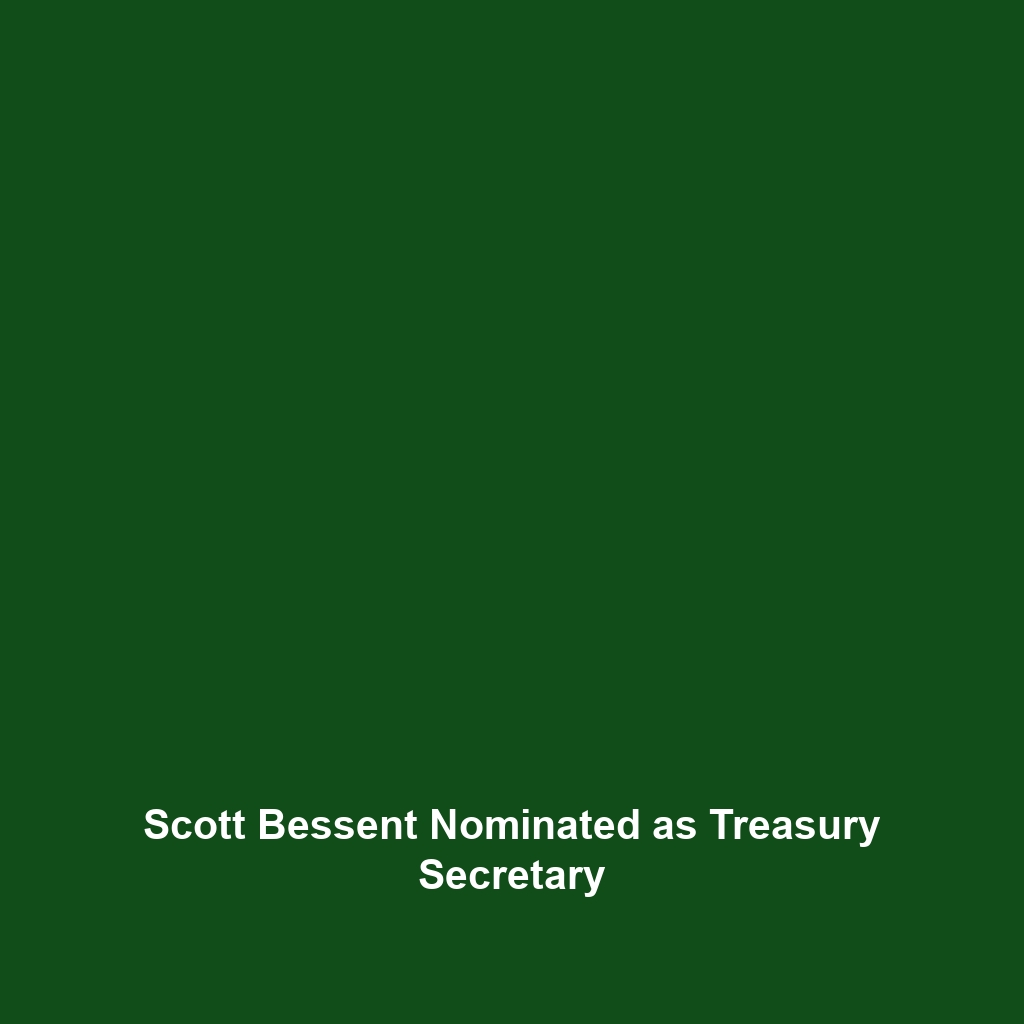Your cart is currently empty!
Tag: COVID-19 recovery

Sheldon Adelson Expands Casino Holdings
Sheldon Adelson Expands Casino Holdings
Sheldon Adelson Expands Casino Holdings
The Adelson family has reaffirmed its commitment to the Asian gaming market by investing $2 billion to expand its casino operations in Macau and Singapore. This investment marks a significant move amid a complex economic landscape where gaming revenues are beginning to recover post-pandemic.
Background of the Adelson Empire
Sheldon Adelson, who passed away in January 2021, was a pivotal figure in establishing Las Vegas Sands Corporation, which has been influential in shaping the casino industry as it is known today. Under his leadership, the company developed numerous luxury resorts, cementing its presence in the gaming capitals of Macau and Singapore.
The company generates a large share of its revenue from its Asian properties, with the Sands China segment being one of the largest contributors. The Adelson family, which now oversees the company’s operations, is focusing on leveraging its existing portfolio to boost revenue growth and capture a larger share of the market as gaming demand recovers.
The $2 Billion Investment
The decision to invest $2 billion into expanding casino holdings is a significant step for the Adelson family. This investment will primarily target enhancements in existing properties and potential new developments that are expected to attract a broader clientele.
Analysts predict that this infusion of capital could play a critical role in revitalizing operations in both Macau and Singapore, particularly as these regions see a rebound in tourism. According to a report by Reuters, the regions have been gradually lifting travel restrictions, which may lead to increased visitor numbers and, consequent, higher revenues for the casino industry.
Market Implications
According to industry experts, this investment aligns with a broader trend of consolidation in the gaming sector as operators seek to position themselves competitively. The ongoing recovery from the COVID-19 pandemic has prompted companies to rethink their strategies, with many focusing on technological enhancements and improved customer experiences.
Funding the expansion in two of the world’s gaming hotspots can significantly enhance Sands China and Marina Bay Sands’ market position. In a recent interview with gaming analyst Michael C. McGowan, he noted, “This substantial investment illustrates the Adelson family’s long-term vision of growth in Asia. They understand that increasing consumer demand can lead to exponential returns.”
Macau and Singapore: Key Markets
Macau has traditionally been the largest gaming hub in the world, consistently surpassing Las Vegas in terms of revenue. The region’s gaming revenue has faced challenges due to strict health protocols during the pandemic but has seen signs of recovery as borders reopen.
Singapore, on the other hand, presents a unique opportunity with its growing number of international tourists and business travelers. The Marina Bay Sands casino is known for its iconic architecture and luxury offerings, which continue to attract visitors even during challenging times.
Future Considerations
While the investment represents a strong vote of confidence in the Asian market, challenges remain. The gaming industry is facing increased regulatory scrutiny, particularly in Macau, where the government is tightening its grip on operations. Additionally, the impact of global economic conditions, including inflation and potential recessions, could impact discretionary spending on entertainment and gaming.
Industry experts are keenly observing how the Adelson family will navigate these challenges moving forward. As gaming markets globally shift and evolve, maintaining leadership in such a competitive landscape will require innovation and adaptability.
Conclusion
The Adelson family’s $2 billion investment in expanding its casino holdings is a strategic move designed to bolster its presence in critical Asian markets. With Macau and Singapore poised for growth, the Adelsons are working to capitalize on the recovering tourism sector while also addressing the challenges posed by regulatory changes and economic uncertainties.
As they embark on this expansion, the industry and investors alike will be watching closely to gauge the long-term impact of this significant investment on both the company and the broader gaming landscape.

Scott Bessent Nominated as Treasury Secretary
Scott Bessent Nominated as Treasury Secretary
Scott Bessent Nominated as Treasury Secretary
In a significant move ahead of the upcoming administration, former President Donald Trump has nominated billionaire investor Scott Bessent as the new Treasury Secretary. This decision is part of Trump’s broader strategy to revitalize the U.S. economy with an ambitious framework known as the “3-3-3” economic plan. The nomination has drawn attention due to Bessent’s extensive background in finance and investment management, as well as his close ties to the former president.
Profile of Scott Bessent
Scott Bessent, an accomplished financier and the former Chief Investment Officer of George Soros’ family office, has built a reputation for his strategic investment prowess. During his tenure with Soros Fund Management, Bessent was instrumental in overseeing a diversified portfolio totaling over $25 billion in assets. His experience in both macroeconomic analysis and asset management has positioned him as a prominent figure in the finance industry.
Bessent has also established his own investment firm, Bessent Capital, focusing on global markets and delivering superior returns to clients. His expertise in navigating complex financial landscapes makes him an appealing candidate for the role of Treasury Secretary, especially as the U.S. seeks to recover from the economic impacts of the COVID-19 pandemic.
The “3-3-3” Economic Plan
In his nomination announcement, Trump emphasized Bessent’s proposed “3-3-3” economic plan. This plan outlines three key focuses: fostering growth, reducing regulations, and achieving a balanced budget in three years. Bessent argues that this framework will promote both short- and long-term economic stability while also addressing pressing national issues.
Fostering growth: Bessent proposes increased investment in key sectors such as technology, infrastructure, and renewable energy. By allocating resources into these areas, he aims to spur innovation and job creation across the nation.
Reducing regulations: The plan advocates for streamlining regulatory processes that Bessent and Trump argue stifle small business growth and innovation. This would involve a comprehensive review of existing regulations and the elimination of those deemed overly burdensome.
Achieving a balanced budget: Bessent’s plan also emphasizes fiscal responsibility, with a goal to balance the federal budget within three years. This effort would focus on curtailing wasteful spending while promoting efficiency in government programs.
Reactions to the Nomination
The nomination of Bessent has elicited a range of responses from political analysts and industry experts. Supporters of the appointment highlight Bessent’s extensive experience in finance as a critical asset for the Treasury Department. They believe his knowledge can lead to effective economic strategies that align with the Trump administration’s goals.
Conversely, critics express concerns regarding the influence of wealth in government and the potential for policy decisions that favor the financial elite. They argue that Bessent’s background in hedge funds could skew his perspective on economic issues that affect everyday Americans. “There’s a fine line between encouraging investment and catering to the interests of billionaires,” noted Judy Goldstein, a political economist at the Brookings Institution.
Challenges Ahead
Should Bessent’s nomination be confirmed, he will face immediate challenges, including addressing the economic recovery post-pandemic and navigating the complexities of global trade relations. Experts point out that the ongoing supply chain disruptions and inflationary pressures will require strong leadership and innovative solutions.
Additionally, Bessent will need to work closely with Congress to implement his “3-3-3” plan, which may encounter resistance from lawmakers who prioritize different economic agendas. Building bipartisan support will be essential for any substantial changes to occur.
Conclusion
Scott Bessent’s nomination as Treasury Secretary marks a notable shift in economic leadership under the Trump administration. His proposed “3-3-3” economic plan could redefine U.S. fiscal policy if successfully implemented. As the new Treasury Secretary nominee, Bessent must navigate a landscape rife with challenges, all while demonstrating the ability to foster economic growth for all Americans. The coming weeks will be crucial as both policymakers and the public respond to this pivotal nomination.
For further updates on this nomination and its implications for U.S. economic policy, readers are encouraged to follow reliable news sources and government announcements.


